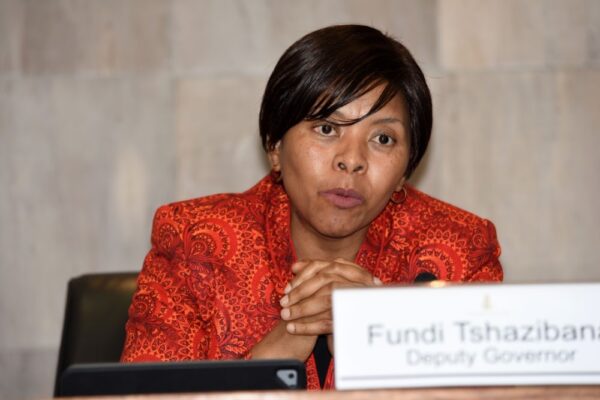Fundi Tshazibana, President of the Prudential Authority (PA) and Deputy Governor of the South African Reserve Bank (SARB), announced that the recent sanctions imposed on several large local and international banks are not related to South Africa’s efforts to be removed from the Financial Action Task Force (FATF) grey list, on which the country has been listed since 2023.
“These sanctions reflect a natural strengthening of our supervisory system, and are not a response to external pressure related to the FATF,” she said.
The regulator recently imposed fines on several banks for non-compliance with the Financial Intelligence Centre Act (FIC Act). Capitec was fined $3.09 million, with part of it suspended, Standard Bank was fined $714,000, Absa $550,000, HBZ $9,495,000, and Citibank $330,000 (with suspension).
The PA emphasizes that the majority of sanctioned violations date back to 2021 and 2022, before the country was placed on the FATF grey list. The strengthening would then be part of an internal process of supervisory improvement, rather than a response to international pressures.
Pretoria aims to be removed from the grey list by October 2025, a strategic objective to restore investor confidence, reduce financing costs, and improve the country’s image with rating agencies.
The government has undertaken significant reforms in the fight against money laundering and terrorism financing. The ongoing audit by the FATF assesses their effectiveness, particularly in institutional coordination, financial surveillance, and transparency of beneficial owners.
Being removed from the grey list would send a strong signal of recovery, in a context where South Africa is seeking to revive its growth, attract foreign investments, and strengthen the stability of its currency. It would also mark a diplomatic turning point, repositioning the country as a credible financial player on the global stage.


